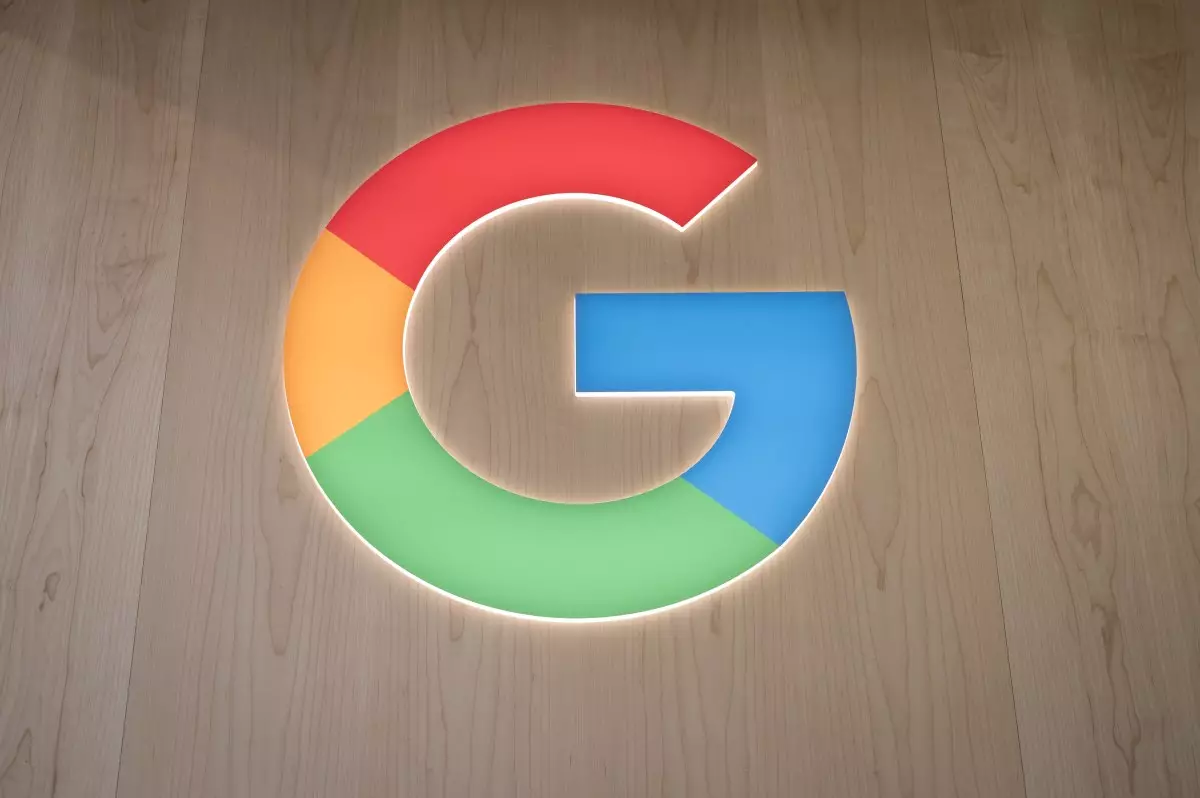In recent years, Google has faced increasing competition from artificial intelligence (AI)-powered platforms such as ChatGPT and Perplexity, both of which provide users with comprehensive answers to typical search queries. In response, Google has embarked on a strategic overhaul of its search functionalities, particularly through the integration of AI-generated content. This approach aims not only to enhance user engagement but also to monetize its services through the incorporation of advertisements into AI summaries—a feature dubbed “AI Overviews.” This evolution is critical as it reflects a marked shift in how search engines operate, operating in both a user engagement and revenue generation capacity.
The concept of AI Overviews emerged as an innovative feature, designed to provide users with condensed summaries of information for specific queries. However, its implementation was not without controversy. The summaries have garnered criticism for their occasional inaccuracies, such as the infamous suggestion to use glue on pizza. A report from SE Ranking highlighted that these AI-generated overviews often cited questionable sources, yielding a mixture of reliable and misleading information. This fundamental flaw shines a light on the challenges of AI systems in distinguishing facts from misinformation, satire from authenticity.
As user feedback flowed in, Google took steps to mitigate these issues by refining the scope of AI Overviews, particularly in sensitive areas like health and current events. Despite these adjustments, Google has openly acknowledged that perfection remains elusive. Rhiannon Bell, the VP of user experience for Google Search, emphasized the company’s commitment to continuous improvement, signaling an understanding of the delicate balance between innovation and user trust.
Recognizing the appetite for monetization, Google has decided to introduce advertisements within the AI Overviews. In a move aimed specifically at U.S. mobile users, Google will display ads linked to relevant searches, such as those related to home cleaning or stain removal. By blending these sponsored advertisements with organic search results, Google aims to create a seamless experience that directs users to appropriate products and services. Shashi Thakur, VP of Google Ads, assured users that these ads serve a functional purpose, connecting them to businesses right when they need assistance.
However, the introduction of advertisements raises concerns about cluttered user experience. Critics point out that sponsored links and product carousels may not only obscure pertinent organic results but also diminish the overall quality of AI Overviews. The debate echoes a larger concern about the commercialization of search spaces, where the fine line between helpful recommendations and overwhelming advertisements could deter users from relying on Google’s services.
AI-Organized Search Results: A New Direction
As part of this initiative, Google is rolling out AI-organized search results pages, which promise to deliver a more curated and dynamic search experience. Users conducting searches for specific interests, such as cooking or gardening, will receive aggregated content, pulling from various sources—including articles, YouTube videos, and user forums. This shift aims to diversify the content displayed and enhance user engagement.
The AI-organized pages represent an exciting pivot in information retrieval, coupling Google’s robust data analytics with user-centric customization. Unlike AI Overviews, these pages will not feature advertisements, making them a clearer avenue for exploration. Rhiannon Bell noted that this new format brings forth a broader array of content, catering to diverse interests and needs, but the implications for content creators and publishers remain ambiguous.
Potential Impact on Publishers and Traffic
As Google leans heavily into these AI-driven features, content platforms worry about the repercussions on traditional web traffic. A study indicated that approximately 25% of publisher traffic could be adversely affected as AI Overviews increasingly replace standard web page links in search results. With an estimated potential loss surpassing $2 billion in advertising revenue, many publishers are left to wonder how long they can sustain their operations in this rapidly changing landscape.
Despite current claims from major publishers like Ziff Davis and Dotdash Meredith suggesting that immediate impacts are minimal, there is unease regarding the long-term effects of such fundamental changes in search dynamics. Google’s command over the search market—a staggering 81%—positions it as a formidable gatekeeper, and the expansion of AI features could further complicate the ecosystem, compelling industry stakeholders to adapt swiftly or risk obsolescence.
As Google continues to unfold its AI ambitions through features like AI Overviews and AI-organized search results, the balance between user experience and monetization emerges as a central theme. The integration of advertisements into AI functionalities introduces new complexities, raising questions about user satisfaction and the viability of traditional content pathways. Moving forward, Google’s strategy must address these concerns while also responding to the evolving landscape of internet search and digital information consumption. As this transformation unfolds, a careful observance of its implications for all stakeholders will be essential.

